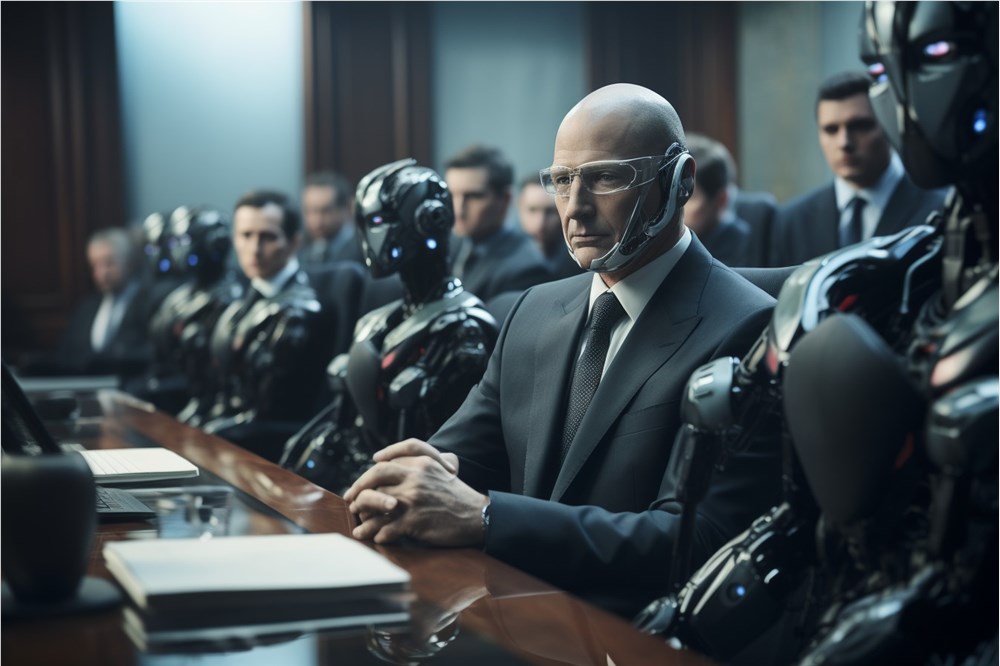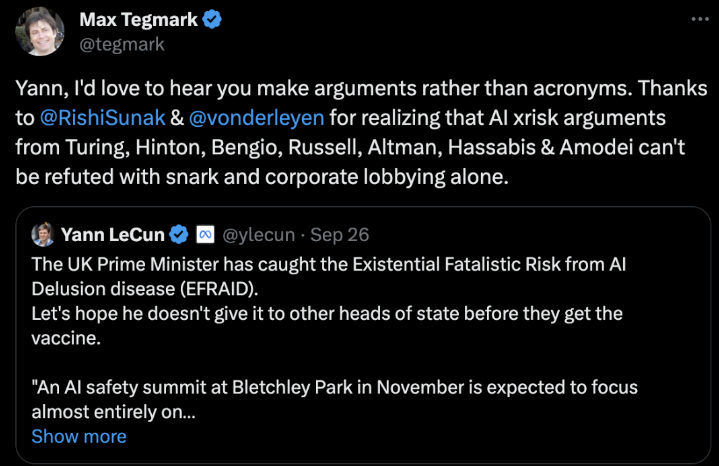In a aboutAI RegulationIn the heated debate,Andrew Ng, LeCun and other well-known AI experts expressed different opinions on regulatory issues.
On the one hand, Andrew Ng supports open regulation. He believes that unqualified regulation is worse than no regulation and advocates avoiding excessive government intervention. He has a negative view on policy proposals that require AI technology to be licensed, believing that this will restrict innovation.

Source Note: The image is generated by AI, and the image is authorized by Midjourney
On the other hand, LeCun and some bigwigs believe that strong regulation may lead to monopoly problems among giants and have an adverse impact on the AI industry. They emphasize that more attention should be paid to the negative impact of AI regulation rather than fictitious doomsday scenarios. They point out that some large technology companies are conducting large-scale corporate lobbying activities to try to influence regulatory policies, which may hinder the open source development of AI technology.

The focus of the controversy is the threat that AI may pose to the future of humanity and whether AI technology needs to be regulated. This debate has attracted widespread attention, with some large companies trying to influence regulatory policies through lobbying, while the other side believes that strong regulation may lead to monopoly by giants.
The U.S. government issued an executive order on artificial intelligence technology, but there are concerns that it does not provide specific protections for workers who lose their jobs or have reduced income. The debate reveals the complexity of AI regulation and the trade-offs between technological development and social protection.